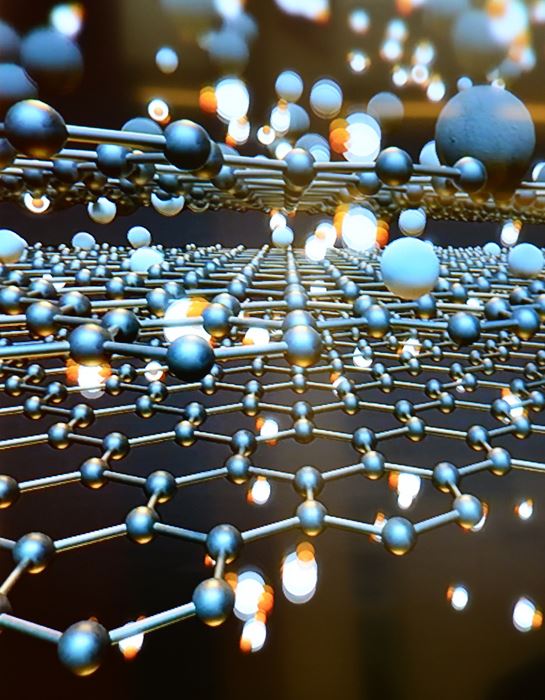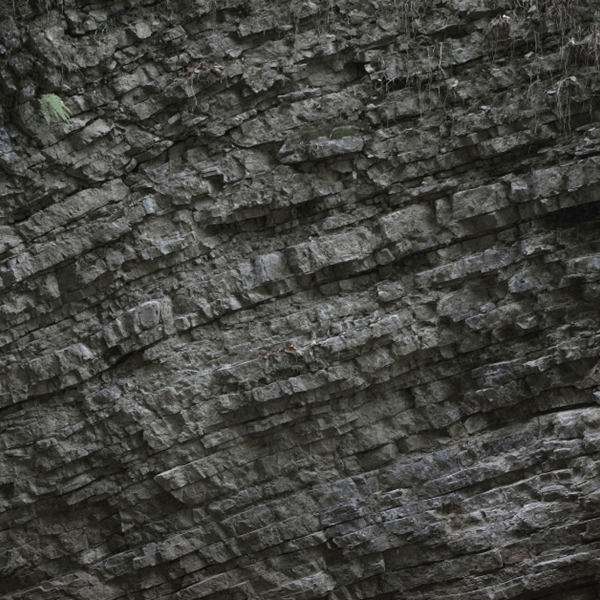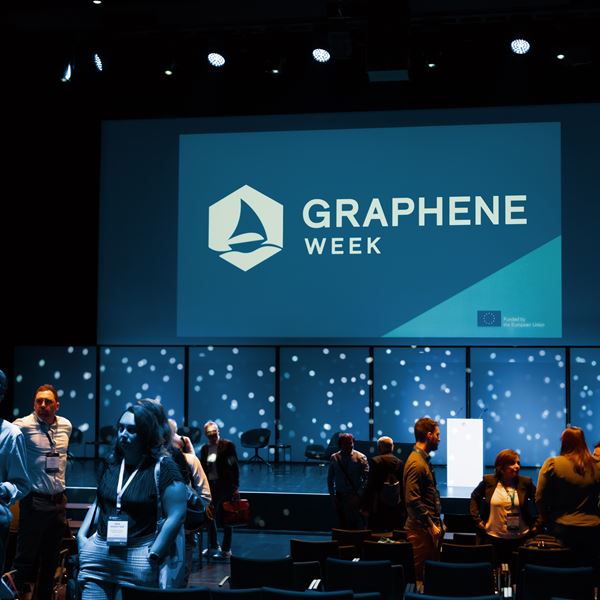
SAFARI
Safe and sustainable by design graphene/MXenes hybrids

Safe and sustainable by design graphene/MXenes hybrids
Project Coordinator
Dariusz Garbiec, Poznanski Institute of Technology, Poland

The SAFARI project is developing a new kind of super-thin material called MXenes in a way that's safe for people and the environment. MXenes are remarkable for their properties, which can enhance products we use every day, like electronics and energy devices.
The main goal of the SAFARI project is to find better and safer ways to make MXenes, as the current process is far from perfect. It uses some chemicals that are harmful, and the materials produced aren't always as pure or predictable as they need to be.
In this frame, SAFARI aims to improve the process from scratch. This means finding better ways to prepare the materials we need to make MXenes, making the MXenes themselves in a safer and more efficient way and figuring out how to use them in ways that are good for people and the environment.
Ultimately, SAFARI is working to make MXenes cleaner, more reliable and easier to produce. This will help scientists and companies use them to create new technologies that could make our lives better, without causing harm to the planet or ourselves.
Meeting new challenges
SAFARI addresses several key challenges in the production and utilisation of MXenes, a class of 2D materials (2DM) with exceptional properties. One significant challenge to solve is the development of sustainable and efficient production methods for MXenes. Current production processes often involve the use of hazardous chemicals, leading to environmental concerns and safety risks. SAFARI aims to overcome this challenge by implementing a safe and sustainable-by-design (SSbD) strategy, integrating REACH-compliant chemicals and evaluating processes for safety and sustainability.
By tackling these challenges, SAFARI opens opportunities for a wide range of real-world applications. For instance, we are demonstrating MXene-graphene hybrids in biosensors for glucose and lactate where we target a biosensing sensitivity reaching a detection limit of 10 nM for glucose and 100 nM for lactate. We are also producing conductive inks with a conductivity up to 4.000 S/cm for MXenes and 400 S/cm for Mxene-based inks after curing. Finally, we are developing electromagnetic shielding coatings with MXene paints ranging from 48 to 70 dB over a thickness range of 1.5–45 μm.
Moreover, SAFARI brings significant benefits to the European ecosystem for 2DM, by developing advanced production methods for MXenes. SAFARI enhances the competitiveness of European industries in the global market and with its focus on safety, sustainability and regulatory compliance ensures that European companies adhere to high standards while remaining innovative and efficient. Overall, SAFARI plays a crucial role in unlocking the full potential of MXenes and driving sustainable economic growth and technological advancement in Europe.
Sustainable solutions
SAFARI contributes to Europe's sustainability goals in several ways, aligning with the objectives outlined in initiatives such as the European Green Deal and Horizon Europe. Firstly, SAFARI focuses on developing sustainable production methods for MXenes, reducing energy consumption and minimising the use of hazardous chemicals. By implementing a safe and sustainable-by-design (SSbD) strategy, SAFARI ensures that the entire lifecycle of MXene production, from raw materials to end-of-life scenarios, complies with environmental standards and regulations.
Moreover, SAFARI's emphasis on improving material quality and purity enhances the efficiency and reliability of MXene-based products. Higher-quality MXenes require fewer resources for manufacturing and maintenance, leading to reduced waste and environmental impact over the product lifecycle. SAFARI's outputs, including advanced production methods, standardised characterisation techniques and safety assessment methodologies, contribute to a more environmentally friendly future by promoting responsible innovation and technology development.
Overall, SAFARI plays a crucial role in advancing Europe's sustainability agenda by promoting the development and adoption of environmentally friendly materials and technologies. By addressing key challenges in MXene production and utilisation, SAFARI contributes to a more sustainable and resilient future, aligned with Europe's commitment to combating climate change and promoting sustainable development.
New horizons
SAFARI just launched and we are in the process of aligning our work across all the work packages and partners involved. The project has established a communication and dissemination plan which includes a visual identity, printed materials and representation in social media and our website. Furthermore, technical meetings have resulted in a detailed workplan for the first year of the project starting with the definition of specifications and requirements for the development and production of MXenes, assessing their toxicological profiles as well as their sustainability through a decision-support tool.
Collaborations
Being a part of the broader Graphene Flagship ecosystem offers several benefits for SAFARI and its stakeholders. Firstly, collaboration within the Graphene Flagship provides access to a vast network of academic and industrial partners across Europe, fostering knowledge exchange, collaboration and synergies. This network enables SAFARI to leverage expertise, resources and infrastructure from diverse disciplines, enhancing the development and implementation of innovative technologies based on graphene and other 2DM.
Our participation in the Graphene Flagship ecosystem enhances our visibility and credibility facilitating opportunities for collaboration and commercialisation. Being associated with thepart of the Flagship initiative supports SAFARI's commitment to excellence and leadership in the field of 2DM research and innovation, strengthening its position within the scientific community and industry.
Moreover, SAFARI's collaboration with the Graphene Flagship offers opportunities for cross-fertilisation of ideas and technologies. By sharing insights, methodologies and best practices with other projects and initiatives within the Graphene Flagship, SAFARI can accelerate progress, address common challenges and maximise impact.
In return, SAFARI contributes to the Graphene Flagship community by bringing its expertise, capabilities and perspectives to the table. SAFARI's focus on safe and sustainable production methods for MXenes complements the Graphene Flagship's efforts to advance the development and commercialisation of graphene and other 2DM. By sharing its research findings, insights and technological advancements with the broader Graphene Flagship community, SAFARI enriches the collective knowledge base and progress towards shared goals.
For a full list of SAFARI project partners:
For more information please see below links:
SAFARI newsletters and press releases
SAFARI social media channels:
Related articles


Exploring the Marvels of 2D Materials
Properties and Applications of TMDCs, MXenes, h-BN and h-AlN -- In the realm of materials science, the discovery of graphene heralded a new era of exploration into two-dimensional materials (2DM). Since then, a plethora of novel 2D materials have emerged, each with unique properties and promising applications. Among these, transition metal dichalcogenides (TMDCs), MXenes, hexagonal boron nitride (h-BN), and hexagonal aluminum nitride (h-AlN) have garnered significant attention for their diverse range of properties and potential applications. In this article we delve into the properties and explore the exciting applications of these remarkable materials.

Graphene Week Ambassador Programme
Join us as a Graphene Week Ambassador and be recognized for your efforts in building an amazing community of 2D materials researchers!

